Time travel has long captivated the human imagination, offering a tantalizing glimpse into the possibilities of altering the past or glimpsing the future. However, with these possibilities come perplexing paradoxes that challenge our understanding of causality, logic, and the nature of reality itself. Let’s explore some of the most famous time travel paradoxes and the theories that attempt to explain them.
1. The Grandfather Paradox
Scenario: Imagine traveling back in time and preventing your grandparents from meeting. If they never meet, your parent—and by extension, you—would never be born. But if you were never born, how could you have traveled back in time to alter the event in the first place?
Explanation: This paradox highlights the logical inconsistency of changing a past event that is directly tied to your existence.
Resolutions:
- Alternate Timelines (Multiverse Theory): Your actions create a new timeline where you no longer exist, but your original timeline remains unaffected.
- Self-Correcting Timeline: The universe prevents such changes, ensuring key events remain unaltered.
- Impossibility of Time Travel: Some argue that the paradox proves time travel to the past is inherently impossible.
2. The Bootstrap Paradox
Scenario: Suppose you receive a book of advanced knowledge from your future self. Later, you travel back in time and give the same book to your younger self. The question arises: where did the book originally come from?
Explanation: This paradox challenges the concept of causality, as the book has no clear point of origin. It exists in a loop, seemingly created out of nothing.
Resolutions:
- Timeless Existence: The book has no origin; it simply exists in a closed loop of cause and effect.
- Rejection of Causality: The paradox suggests that not everything requires a cause, defying traditional logic.
3. The Predestination Paradox
Scenario: You travel back in time to prevent an event, only to discover that your actions inadvertently cause the very event you were trying to stop. For example, attempting to prevent a war might lead to the circumstances that spark it.
Explanation: Unlike other paradoxes, this one assumes a fixed timeline where events are predetermined. Your actions in the past were always part of history, creating a self-fulfilling prophecy.
Resolutions:
- Fixed Timeline Theory: The timeline is immutable, and any attempts to change the past are destined to fulfill it.
- Determinism: Every action is part of a preordained sequence, leaving no room for free will in altering outcomes.
Why These Paradoxes Matter
These paradoxes are more than just thought experiments—they force us to question the nature of time, causality, and free will. They also inspire scientific and philosophical discussions about the plausibility of time travel and the structure of the universe.
For an even deeper dive into these mind-bending concepts, including lesser-known paradoxes and cutting-edge physics theories, check out our complete list of paradoxes:
All time travel paradoxes-That will blow yourmind
Time travel paradoxes remind us that the fabric of reality is far more complex—and fascinating—than we can imagine. Whether they are resolved through alternate timelines, fixed destinies, or the rejection of causality, they continue to challenge and inspire our understanding of the universe.
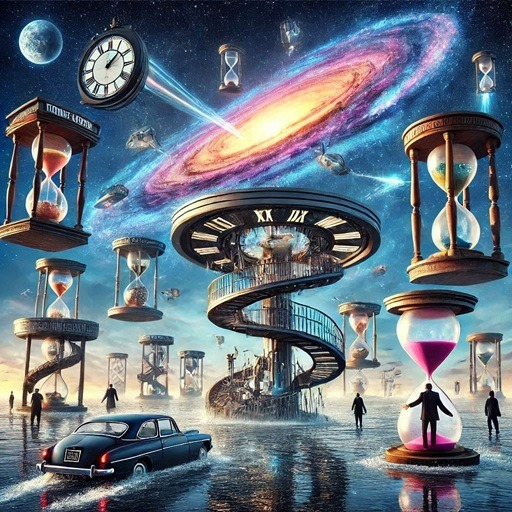

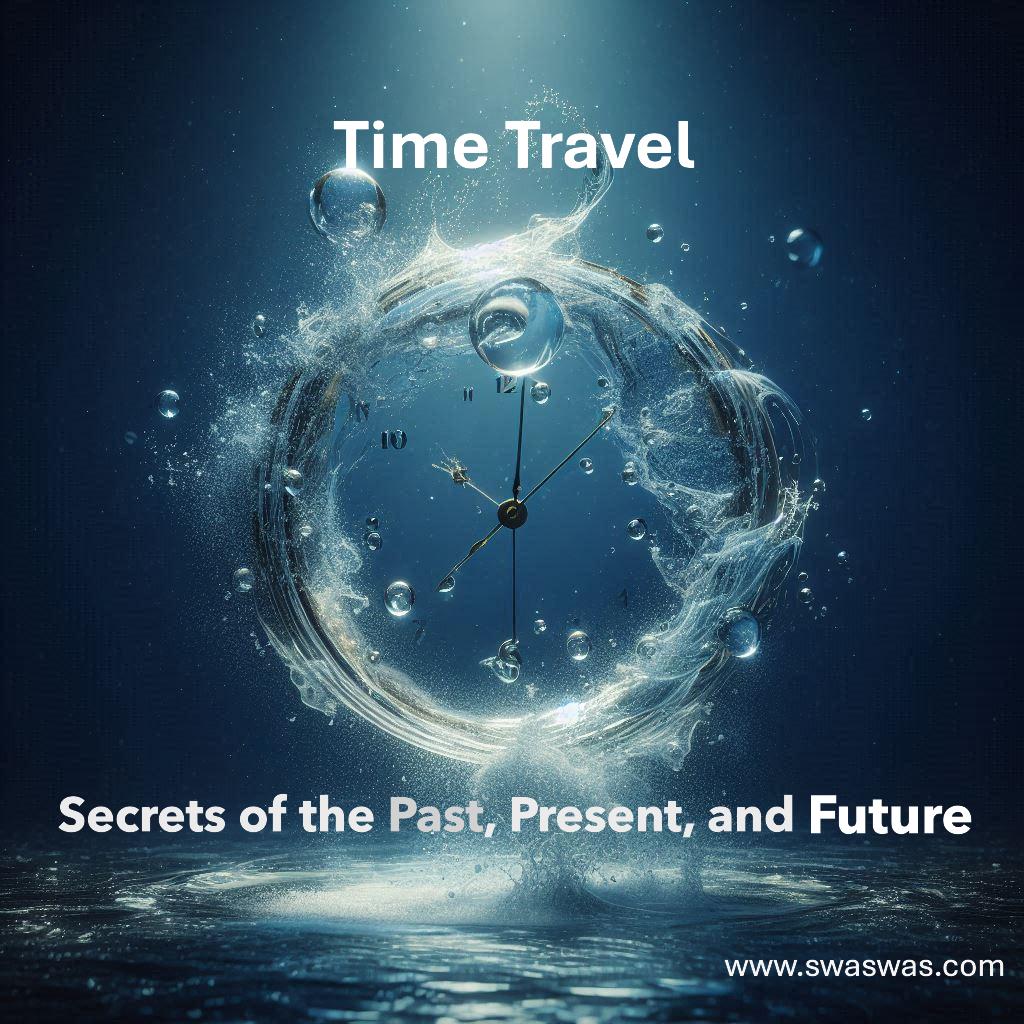

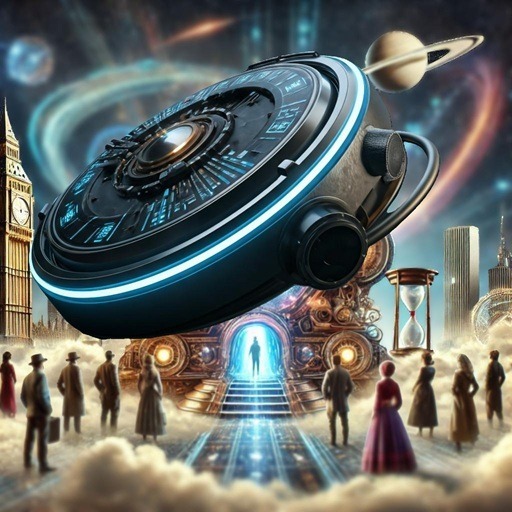



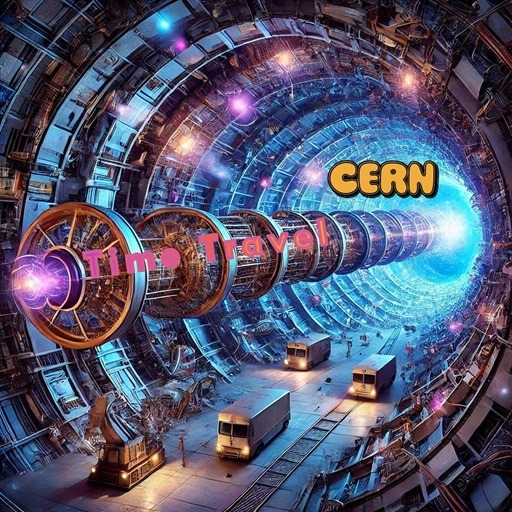




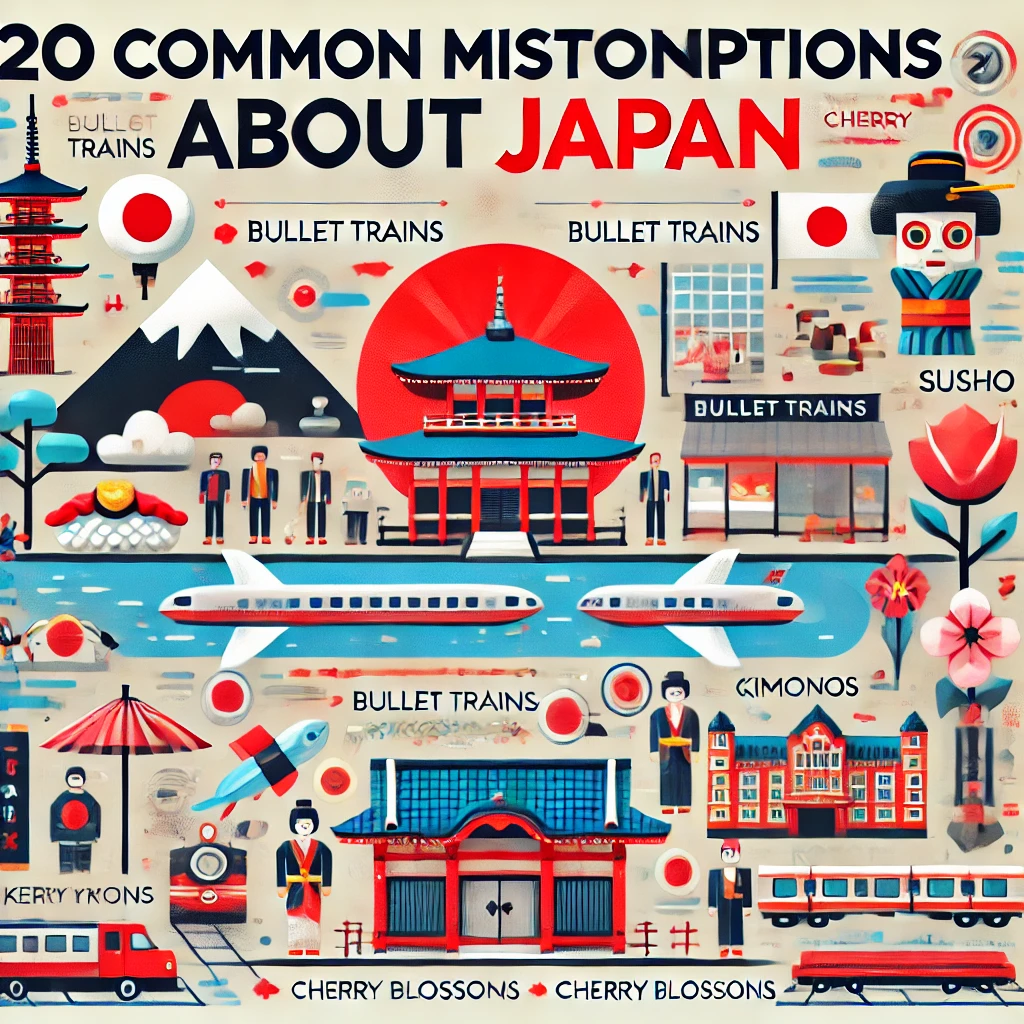

Leave a Reply